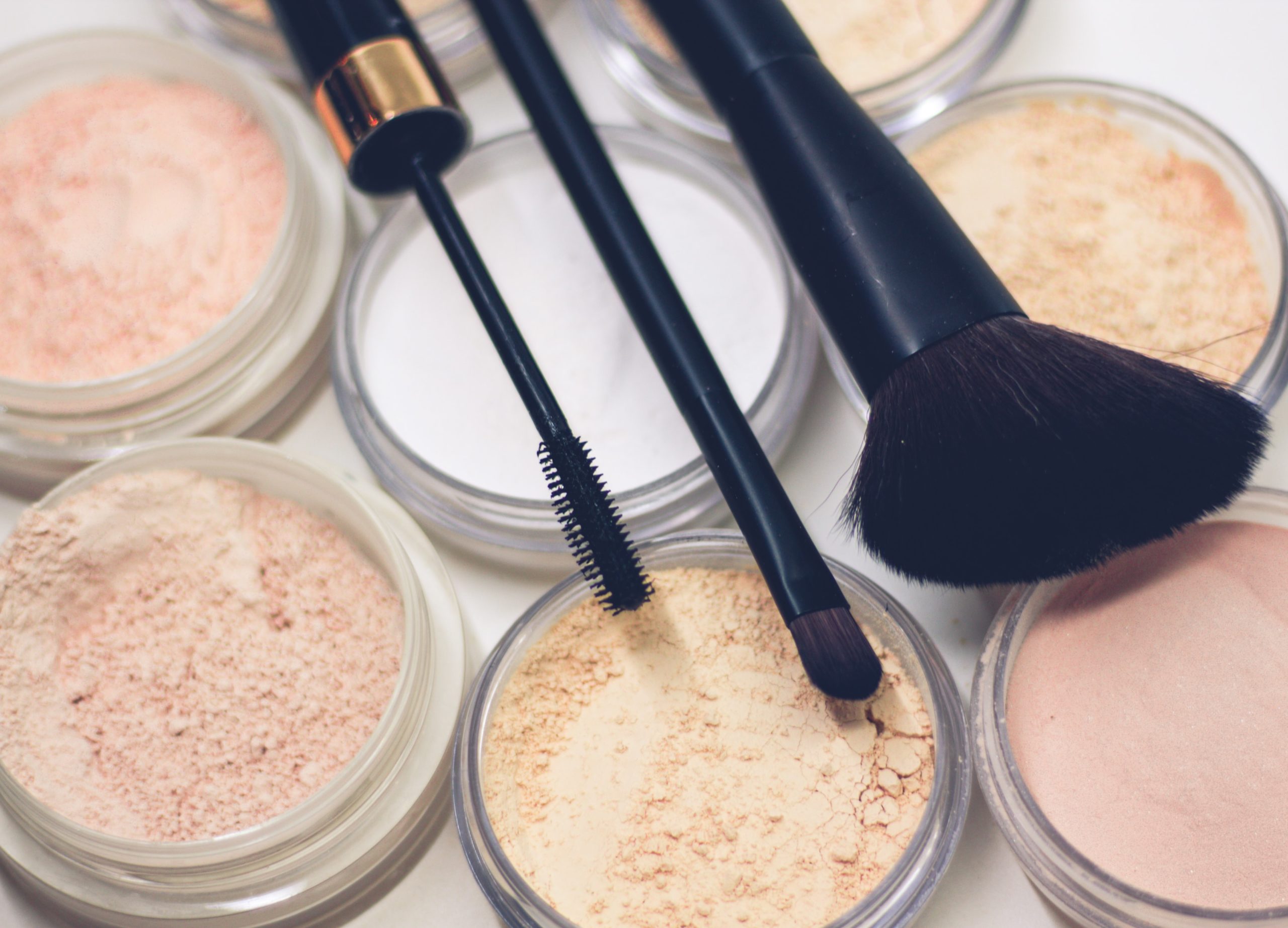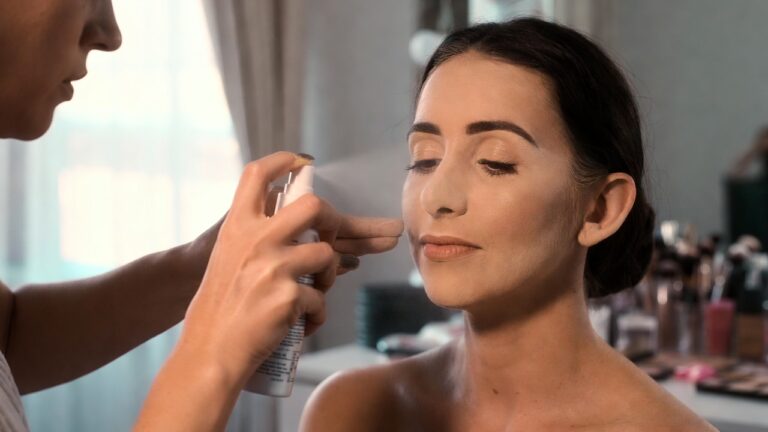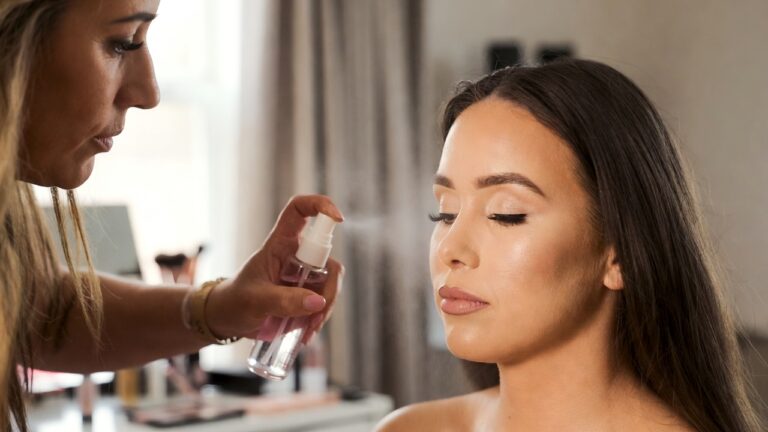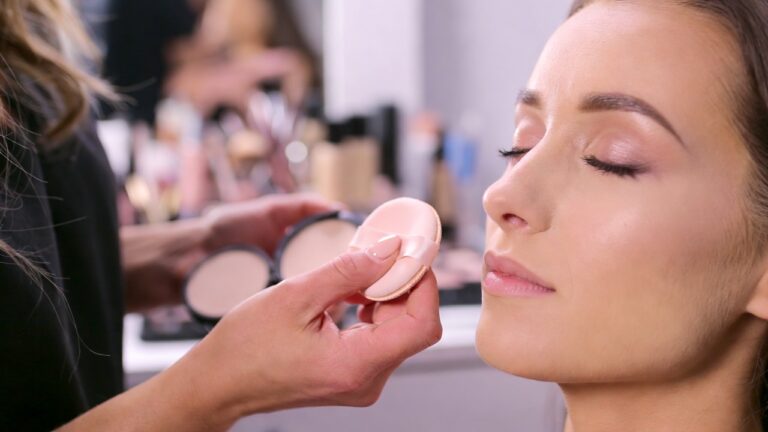Have you ever experienced redness, itching, or irritation after applying makeup? If so, you may have sensitive skin that is easily irritated by certain ingredients in makeup products.
As someone who loves to wear makeup, dealing with discomfort and negative reactions can be frustrating and discouraging. However, there is a solution – hypoallergenic makeup.
In this article, we’ll explore what hypoallergenic makeup is, why it’s beneficial for those with sensitive skin, and how you can choose the best hypoallergenic makeup products for your needs.
What is Hypoallergenic Makeup?
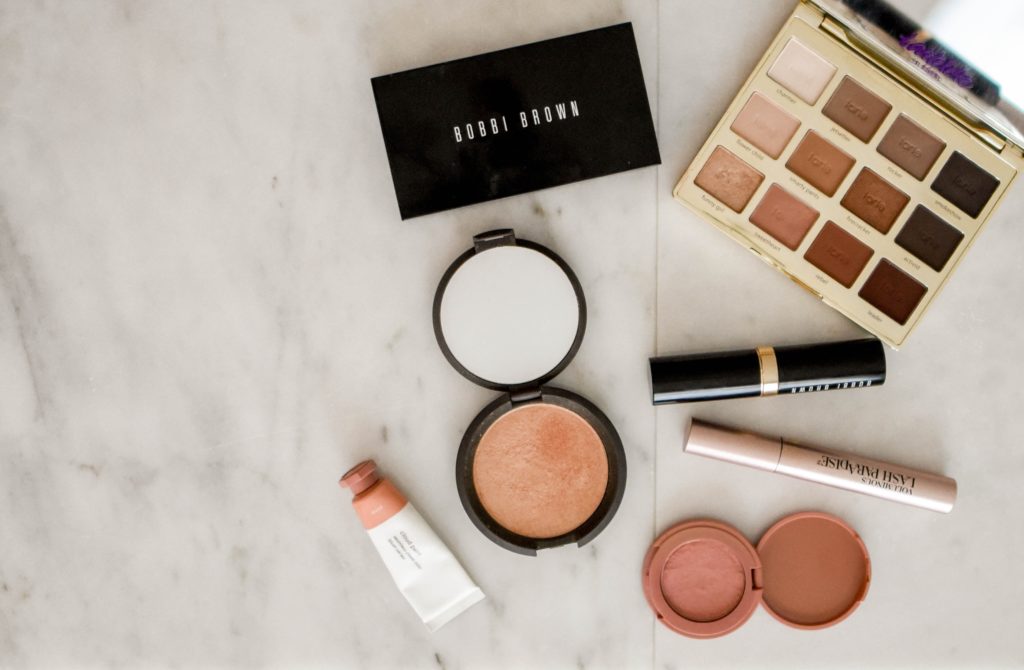
Hypoallergenic makeup refers to cosmetics that are specially formulated to minimize the risk of causing an allergic reaction or irritation to the skin.
These products are made with ingredients that are less likely to trigger an allergic response or cause irritation, making them ideal for people with sensitive skin or those prone to allergies.
Hypoallergenic makeup is free from known irritants such as fragrances, preservatives, and other harsh chemicals that can cause skin reactions. Instead, these products use gentle ingredients that are less likely to cause an allergic reaction, such as minerals, botanicals, and natural oils.
The benefits of hypoallergenic makeup are many, including reduced risk of skin irritation, decreased inflammation, and a lower chance of allergic reactions. These products are also beneficial for people with conditions like eczema, rosacea, and acne-prone skin, as they are less likely to exacerbate these conditions.
When choosing hypoallergenic makeup, it is important to carefully read the ingredient labels to ensure that the product is truly hypoallergenic.
Additionally, it is recommended to patch-test the product on a small area of skin before applying it to the entire face to avoid any adverse reactions.
Causes of Sensitive Skin
Sensitive skin is a condition that affects many people and can be caused by a variety of factors. It is a term used to describe skin that is easily irritated or reacts adversely to certain products or environmental factors. Here are some of the most common causes of sensitive skin:
- Genetic factors: Some people are simply born with sensitive skin. This may be due to genetics, which can influence the skin’s thickness, texture, and overall structure.
- Environmental factors: Exposure to certain environmental factors can cause skin sensitivity. This includes extreme temperatures, pollution, and exposure to the sun’s UV rays.
- Lifestyle factors: Lifestyle factors such as stress, poor diet, and lack of sleep can contribute to skin sensitivity. In addition, certain medications or hormonal imbalances can also cause skin sensitivity.
- Allergies: Allergies are a common cause of sensitive skin. Certain substances, such as fragrances, preservatives, and dyes in skin care products, can trigger an allergic reaction.
- Irritants: Exposure to irritants such as chemicals, soaps, and detergents can also cause skin sensitivity. This can lead to dryness, redness, and itching.
Common Skin Allergies
Skin allergies occur when the immune system overreacts to a substance, causing an allergic reaction. Many substances can trigger an allergic reaction on the skin, including foods, plants, animals, chemicals, and metals. Here are some of the most common skin allergies:
- Fragrances: Fragrances are a common cause of skin allergies, especially in perfumes, colognes, and scented lotions. Fragrances can cause rashes, hives, and itching, triggering respiratory symptoms.
- Preservatives: Preservatives are used in many personal care products to prevent bacteria and fungi from growing. However, some preservatives can cause skin allergies, especially in people with sensitive skin. Examples of preservatives that can cause skin allergies to include parabens, formaldehyde, and methylisothiazolinone.
- Chemical sunscreens: Chemical sunscreens can cause skin allergies in some people. The most common allergens in sunscreens are benzophenones, such as oxybenzone and sulisobenzone, often used in products that provide UVA protection.
- Metals: Metals such as nickel and cobalt can cause skin allergies. Nickel is commonly found in jewelry, buttons, and zippers, while cobalt is found in hair dye and some makeup products.
- Latex: Latex is a common cause of skin allergies, especially in people who work in the healthcare or food service industries. Latex allergies can cause various symptoms, including hives, itching, and difficulty breathing.
If you suspect you may have a skin allergy, it’s important to see a dermatologist for a proper diagnosis. They may recommend an allergy test to determine which substances you are allergic to and suggest avoidance strategies and treatment options manage your symptoms.
Hypoallergenic Makeup Products

Hypoallergenic makeup products have become increasingly popular among those with sensitive skin. These products are formulated with ingredients that are less likely to cause allergic reactions, making them a great option for those who are prone to skin irritation.
Here are some hypoallergenic makeup products that you may want to consider:
A. Foundations
Hypoallergenic foundations are designed to provide coverage while being gentle on the skin. They are often made with natural ingredients like aloe vera, chamomile, and green tea that soothe and calm the skin. Some popular hypoallergenic foundation options include Bare Minerals Original Foundation, Clinique Superbalanced Makeup, and Cover FX Natural Finish Foundation.
B. Powders
Hypoallergenic powders are a great alternative to traditional powders that can sometimes be too heavy and cause irritation. They are often made with natural ingredients like rice starch and kaolin clay that absorb oil and provide a matte finish.
Some popular hypoallergenic powder options include Jane Iredale PurePressed Base Mineral Foundation, Physician’s Formula Mineral Wear Talc-Free Mineral Correcting Powder, and Almay Smart Shade Loose Finishing Powder.
C. Eye Makeup
Hypoallergenic eye makeup is formulated to be gentle on the delicate skin around the eyes. They are often fragrance-free and made with natural ingredients like chamomile and calendula that soothe and nourish the skin.
Some popular hypoallergenic eye makeup options include Burt’s Bees Nourishing Eyeliner Pencil, Clinique High Impact Mascara, and Tartelette Amazonian Clay Matte Eyeshadow Palette.
D. Lip Makeup
Lip makeup can also irritate sensitive skin, as many lip products contain fragrances and other irritants. Hypoallergenic lip products are formulated with gentle, moisturizing ingredients like shea butter and jojoba oil that won’t cause dryness or irritation. Some popular hypoallergenic lip makeup brands include Burt’s Bees, Bite Beauty, and Tarte.
Tips for Choosing Hypoallergenic Makeup
Choosing the right makeup can be challenging if you have sensitive skin. Hypoallergenic makeup is a great option for sensitive skin as it is designed to minimize the risk of allergic reactions. Here are some tips for choosing hypoallergenic makeup:
1. Read Ingredient Labels
One of the most important things to do when choosing hypoallergenic makeup is carefully reading the ingredient labels. Look for products that are free of common irritants and allergens, such as fragrances, parabens, and sulfates.
2. Choose Mineral-Based Products
Mineral-based makeup is a great choice for those with sensitive skin as it is made with natural ingredients that are gentle on the skin. Look for products made with minerals like zinc oxide and titanium dioxide, which provide sun protection and anti-inflammatory properties.
Consider the texture: The texture of the makeup you choose can also impact how it affects your skin. For example, if you have oily skin, you may opt for a powder foundation instead of a liquid one to avoid clogging pores.
3. Patch Test
Before using a new hypoallergenic makeup product, doing a patch test is a good idea. Apply a small amount of the product to your inner wrist or behind your ear and wait 24 hours to see if you experience any irritation or allergic reactions.
4. Consult With a Dermatologist
If you’re unsure which hypoallergenic makeup products suit your skin, consult a dermatologist. They can recommend products specifically formulated for your skin type and address any specific concerns you may have.
Conclusion
Having sensitive skin can be a challenging and frustrating experience. However, hypoallergenic makeup offers a solution for those struggling to find makeup products that work without irritation.
By understanding the causes of sensitive skin, identifying common skin allergies, and choosing the right hypoallergenic makeup products, individuals can finally enjoy the benefits of makeup without worrying about skin reactions.
So, whether you have been struggling with sensitive skin for years or are just starting to notice some irritation, consider giving hypoallergenic makeup a try and see the difference it can make in your daily routine. Your skin will thank you!
